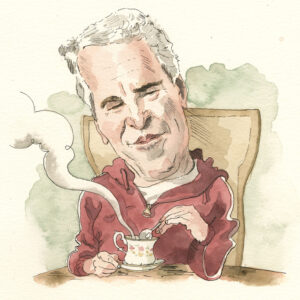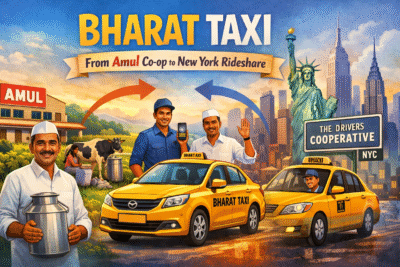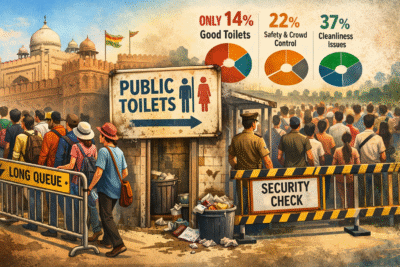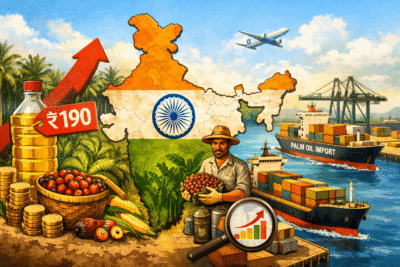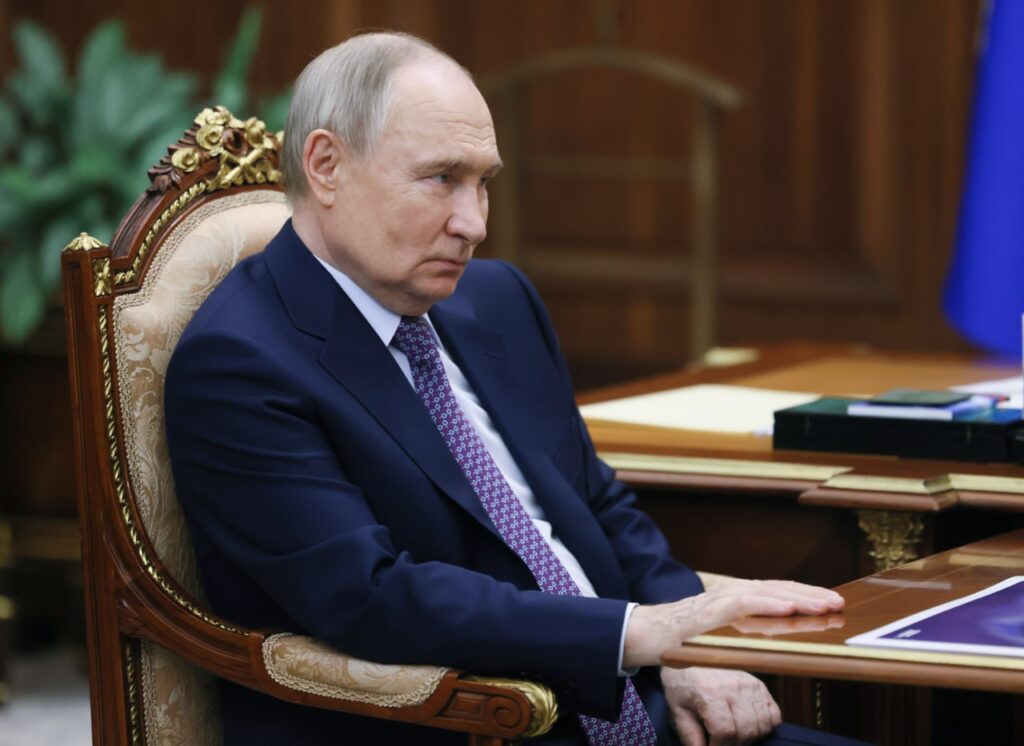
Ruling the world’s largest country under his thumb for over a quarter century, Russia’s Vladimir Putin worldview is still an enigma to the world. He sees the world from a different pair of eyes and perspective. His complex interplay of historical narratives, national pride, geopolitical ambitions, and a strong reaction to perceived threats from the West.
As the President of Russia, his perspective is deeply rooted in the legacy of the Soviet Union and shaped by his experiences as a former KGB officer. There are a number of elements that define Putin’s view of the world, examining how they influence his policies and interactions on the global stage.
History sets context for national identity
Putin often invokes Russia’s historical experiences, particularly the triumphs and tragedies of the Soviet era, to frame his narrative. The memory of World War II plays a crucial role in his rhetoric, where he emphasises Russia’s sacrifices and victories against fascism. This historical lens fosters a sense of national pride and victimhood, which he uses to justify contemporary actions. For instance, his assertion that NATO’s expansion threatens Russian security echoes a long-standing belief that the West seeks to encircle and undermine Russia.
Moreover, Putin’s portrayal of Russia as a besieged fortress resonates with many Russians who feel that their country is unfairly treated on the international stage. He often contrasts Russian values with what he perceives as the moral decay of Western societies, criticising their liberal ideologies and promoting traditional Russian values. In speeches, he has lamented the decline of Christian values in Europe, positioning Russia as a defender of these principles against Western liberalism.
Geopolitics not without personal ambition
Putin’s geopolitical strategy is characterised by a desire to restore Russia’s status as a great power. This ambition manifests in various ways, including military interventions in neighbouring countries such as Georgia and Ukraine. His actions are often framed as necessary measures to protect Russian-speaking populations or counter Western influence. For example, the annexation of Crimea in 2014 was justified by Putin as a means to protect ethnic Russians and restore historical justice.
The concept of a “Russian World” (Russkiy Mir) reflects Putin’s vision for extending influence over former Soviet republics. He views these regions not just as neighbours but as integral parts of Russia’s sphere of influence. This perspective fuels conflicts in Ukraine and beyond, where he seeks to assert control over territories he considers vital to Russian identity and security.
The West is waste
Putin’s relationship with Western nations is fraught with tension and distrust. He perceives the United States and its allies as adversaries intent on diminishing Russia’s power. This belief is rooted in historical grievances dating back to the Cold War and reinforced by contemporary events such as NATO’s eastward expansion and economic sanctions following Russia’s actions in Ukraine.
In response to perceived threats, Putin has adopted an assertive foreign policy aimed at countering Western influence globally. His support for authoritarian regimes in Syria and Venezuela illustrates his commitment to opposing U.S. hegemony while promoting alternative models of governance. This strategy not only serves to bolster Russia’s international standing but also provides a counter-narrative to Western ideals.
Muscles, military and masculinity
A significant aspect of Putin’s worldview is his emphasis on military strength as a cornerstone of national security. He views military capabilities not only as tools for defence but also as instruments for projecting power internationally. The modernisation of Russia’s armed forces has been a priority during his tenure, reflecting his belief that military might is essential for safeguarding national interests.
Putin also associates space exploration with national pride and technological advancement. His government has invested in developing missile capabilities and space technologies, viewing them as critical components of deterrence against perceived threats. In speeches, he often highlights achievements in space exploration as symbols of Russian ingenuity and resilience.
What to expect up next?
Looking ahead, Putin appears committed to maintaining an assertive stance on the global stage. His recent actions suggest that he is prepared for prolonged conflict if it serves his strategic objectives. Analysts predict that if he achieves favourable outcomes in Ukraine or other regions, he may interpret these successes as validation of his policies.
Furthermore, domestic factors play a crucial role in shaping Putin’s worldview. Economic challenges exacerbated by sanctions have led him to seek foreign policy distractions to bolster national unity and distract from internal dissent. By framing external conflicts as existential threats, he reinforces support for his leadership among Russians.
Vladimir Putin’s worldview is defined by a blend of historical narratives, national pride, geopolitical ambitions, and a reactionary stance towards the West. His policies reflect a desire to restore Russia’s status as a global power while countering perceived threats from NATO and Western influence. As he navigates complex international dynamics, Putin remains steadfast in his commitment to advancing Russian interests on the world stage, shaping not only regional stability but also global geopolitics for years to come.
Sources:
[1] https://www.cambridge.org/core/journals/contemporary-european-history/article/putins-histories/850932383756222478F65D6479139F95
[2] https://www.bbc.com/news/world-europe-15047823
[3] https://www.arte.tv/en/videos/103642-000-A/arte-reportage/
[4] https://www.youtube.com/watch?v=TGmjfpOB2_o
[5] http://en.kremlin.ru/events/president/news/66181
[6] https://en.wikipedia.org/wiki/Putin_khuylo!
[7] https://www.youtube.com/watch?v=npBWtQ2CsUA
[8] https://www.spectator.co.uk/article/full-text-putin-s-declaration-of-war-on-ukraine/
